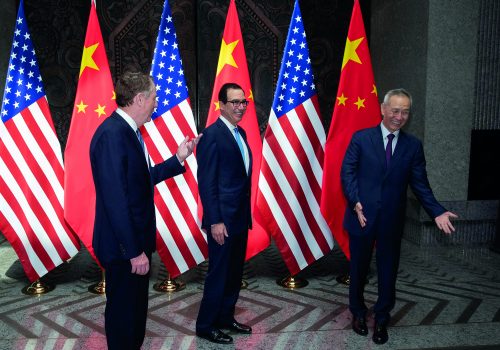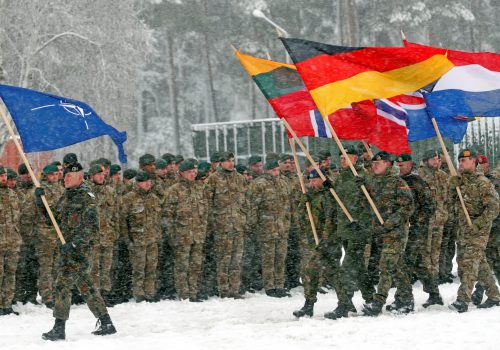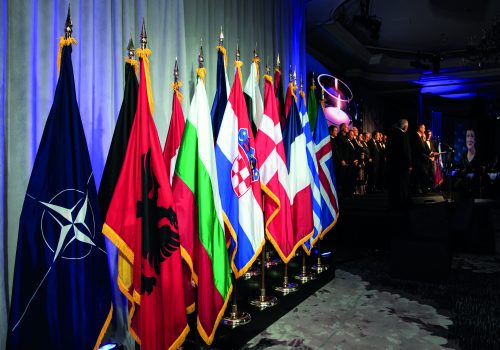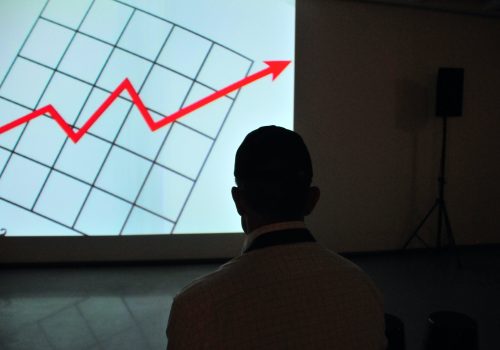The Digital Forensic Research Lab
Building transparency and accountability online and around the world to promote free and open societies.
The Atlantic Council’s Digital Forensic Research Lab—whose work resides at the unique intersection between government, media, and technology—aims to establish accountability and transparency online as a means to secure democracy and restore trust in public discourse.
DFRLab is spread across five continents, and its work is rooted among three pillars:
• To promote objective fact as a foundation of government for and by people, to protect democratic institutions and norms from those who would undermine them online, and to identify, expose, and explain disinformation when and where it occurs.
• To create a new model of expertise adapted for impact and real-world results.
• To forge digital resilience at a time when humans are more interconnected than at any point in history.
In 2019, the DFRLab expanded its network of digital forensic analysts working to explain information environments— both open and closed—around the world. The stark reality remains that disinformation, the spread of false news with intent to mislead or manipulate, has a catalytic effect and makes other global challenges more difficult to solve. While each case of disinformation that DFRLab examined was distinct, one insight was universal: the global competition for information has gone viral, and the outcome of this competition, both at home and abroad, remains unclear. The same technologies that have democratized access to information have also enabled malicious actors to undermine democratic values and processes.
Open-source research and reporting
One of the key cornerstones of the DFRLab’s work is open-source research. Using only sources that are publicly accessible, the lab does not assume its own credibility but instead continuously proves it, delivering work that is transparent, verified, and replicable. At a time when global trust in institutions and platforms is receding, this approach is crucial. As open-source research becomes more widely utilized, DFRLab stands at the forefront of this trend, raising—and sometimes setting—industry standards through rigorous innovation.
The DFRLab publishes real-time analysis on events as they occur, as well as more in-depth investigations into elections, conflict zones, democratic protests, violent extremism, global news stories, and hyper-local events. In June, the DFRLab published an investigation into a suspected Russian-based information operation, dubbed “Secondary Infektion 2.0,” which demonstrated an evolution of foreign influence operations. Later in the year, the DFRLab partnered with Facebook to provide independent analysis exposing the first widespread use of profile photos generated through artificial intelligence.
Building a community of #DigitalSherlocks
Disinformation does not exist in just one newsroom, on just one platform, or within our neatly defined national borders. It is a collective challenge, and it requires a cooperative, people-based solution. DFRLab has built a community designed to grow, organize, and create standards for #DigitalSherlocks around the world.
In 2019, the DFRLab conducted more than sixty trainings in thirty countries, teaching more than 1,500 people how to use open-source tools to combat disinformation. These sessions gave trainees hands-on experience and actionable skills via table games, simulations, and project-based activities.
Connecting with leading voices
In an effort to translate research and grassroots efforts into actual policy change, the DFRLab brought together more than 650 leading voices representing civil society, tech, media, academia, and governments for two major events in 2019: the 360/OS Open Source summit in London and StratCom in Washington, DC. These convenings facilitated collaboration across sectors and advanced policy frameworks in the spirit of moving from talk to action.
Vision for 2020
In 2020, the DFRLab will build on its body of research and reporting; expand training and capacity building; and identify policy solutions with partners in order to look beyond disinformation and build a more resilient society for the years ahead.
Next:
Read the full report:
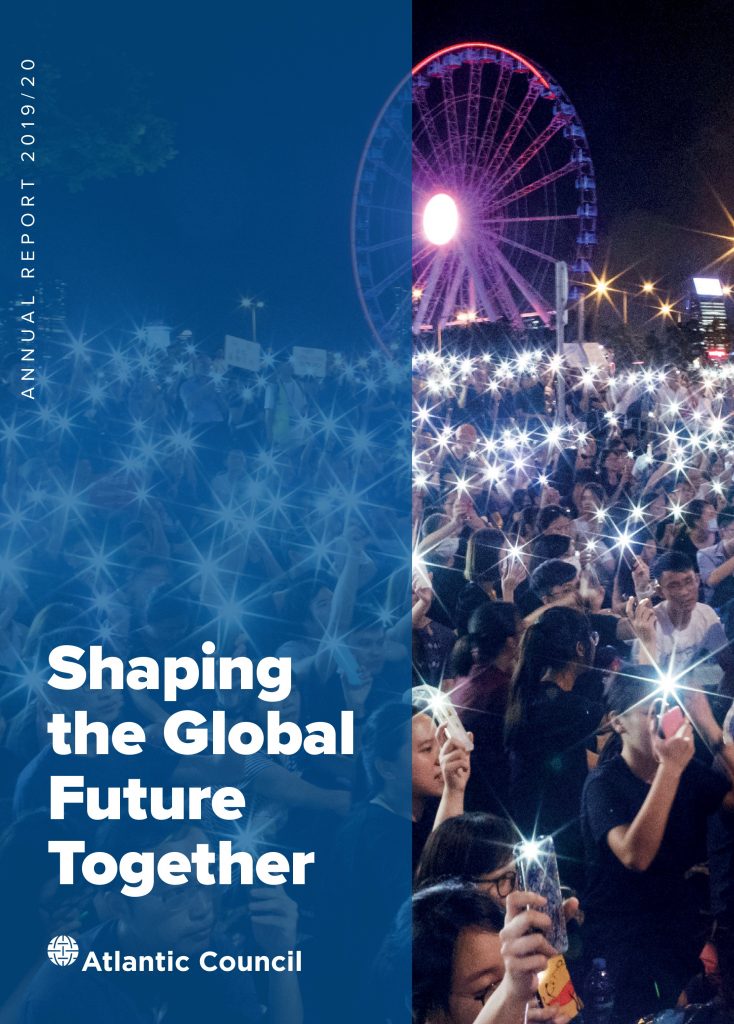
Annual Report 2019/2020
John FW Rogers, Chairman of the Atlantic Council, and Fred Kempe, CEO and President, explain how our past year’s performance, and a dozen years of growth and innovation, helped position us for the historic disruptions of 2020. Read the full introduction.
Image: Image: Sir Julian King, European Commissioner for the Security Union at 360 Open Source Summit, The Roundhouse, Camden Town, London, June 2019.
